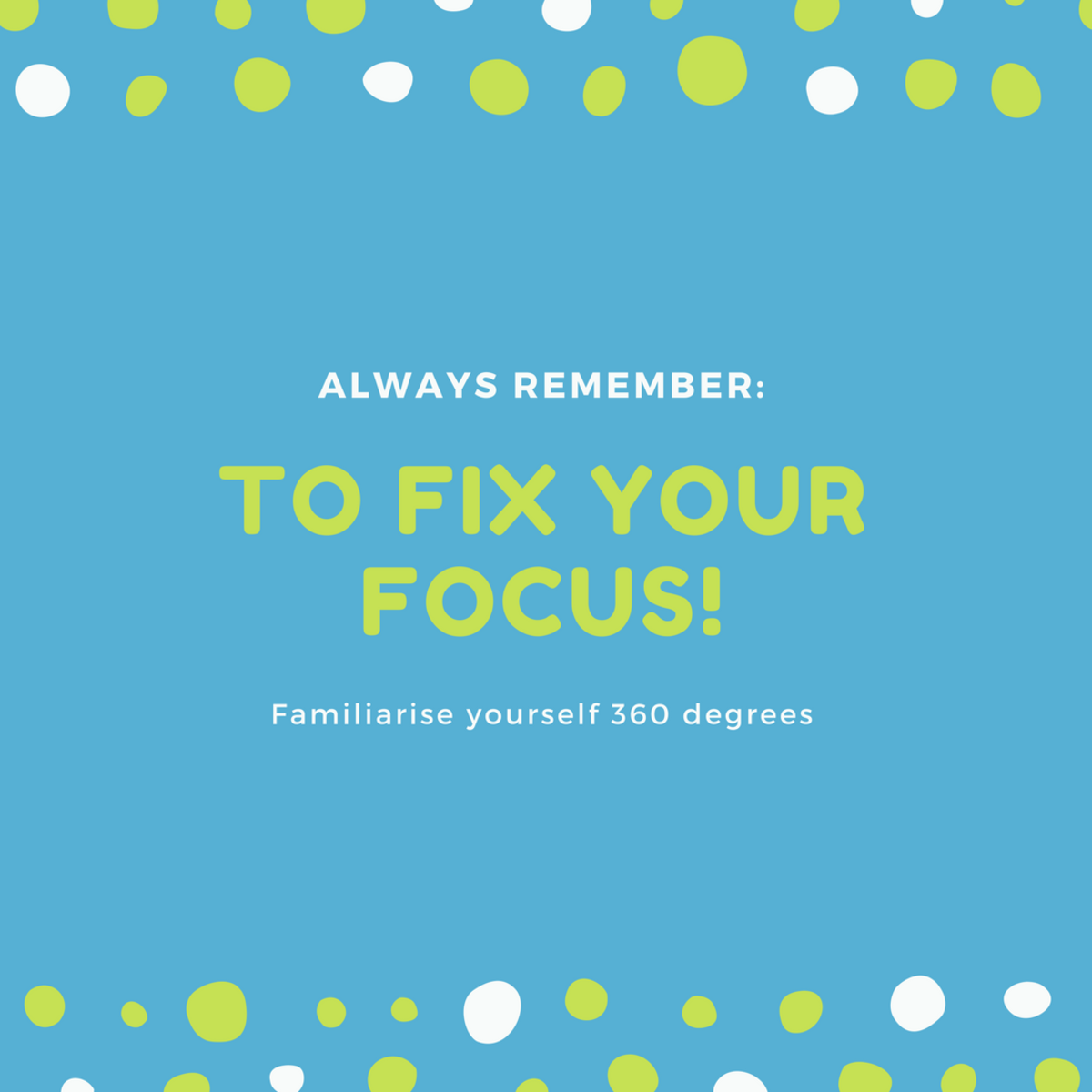- HubPages»
- Health»
- Mental Health»
- Mental Health Self-Help
The Link Between Nutrition Deficiency and Mental Illness
Many, many people are discovering that there is a link between nutrition deficiencies and mental illness. 2Discover Magazine reported the effect of nutrition on bipolar disorder in May 2005.
There is more and more compelling evidence that many forms of mental illness, including ADD, ADHD, autism spectrum, schizophrenia, bipolar, and unipolar (long-term) depression can be improved by optimizing assimilation of nutrients in the body.

There Is More to It Than Just Cleaning Up Your Eating Habits
When the brain is starving, it will do weird things, and thus behaviors in the individual also become weird. These dysfunctional behaviors are usually contrary to the true nature of the person. If a starving brain could be fed all that it needs, it seems logical that dysfunction could be reversed, and thus, the person's true nature restored.
This sounds simple enough. However, it's usually more complicated than just adding better nutrition to a diet. If there is organic damage to the digestive system, then assimilation of nutrients is compromised. This is one possible reason why the brain may be starving. If the brain is damaged, but the digestive system is healthy, then the brain may not be able to assimilate all the nutrients it needs. But if digestion and brain have no organic damage, there may also be temporary adverse conditions in the digestive system and brain which are reversible. Begin by addressing one thing at a time with the assumption that if you have assimilation problems, they can be improved.
Possible Conditions That Inhibit Nutrient Assimilation
There is a long list of possibilities, but some of the most prominent which establish the link between nutrition and mental illness include conditions related to digestion and assimilation, such as:
1. Overgrowth of systemic yeast infection (also known as candidiasis albicans) mostly due to overuse or long-term use of antibiotics. (See the video link below.)
2. Parasites, fungus and other invaders in the digestive tract.
3. Sludge and build up in the colon and intestines.
4. Food allergies.
5. Some prescription medications.
6. Some herbal remedies.
Candidiasis Albicans, or Systemic Yeast Infections
Where Do I Start?
Start with clues you have noticed, that are not normal. Google some of the symptoms you seem to have and get educated about the possibilities. If you have several symptoms of systemic yeast infection, for example, your best bet is to do one thing at a time to address that specific issue. If you start addressing multiple issues, you'll most likely compound your misery and confusion. Google searches will reveal a wealth of information, but be sure to stick with reliable sources, based in fact and science.
The effects of autism can, in many cases, be reduced or eliminated with nutrition optimization in the human body:
You and Your Medical Professionals Are a Team
Whether you actually believe and feel you and your doctor are a team or not, it's still true. Either you are a patient who allows your doctor to dictate all actions and treatments to you, or you confer with your doctor, become educated about the process, and assist in making effective decisions for your treatment. This article is further encouragement for all patients to become actively involved in their own treatment and healing process, and to not transfer that responsibility solely to another person. Its purpose is to help empower individuals and families in providing additional information which may help in managing, and in many cases, healing mental illness.
Prescription medications have and do continue to save lives and increase the quality of life for countless people. However, it is well established that long-term use of prescription medications can cause severe health problems and body dysfunction. The purpose of this article is to provide information to the patient to help form a consultation team between themselves and the medical professionals who assist in their well-being.
There Is No Silver Bullet, but There Is Plenty of Evidence for Hope
The human body is a complex symphony of hormones, chemical changes, and the ebb and flow of the body's essential building blocks. Billions and billions of changes occur every day to keep your body going. Frustration can occur if we expect immediate results, and don't see them. But regardless of your impatience, your body is working as hard as it can to keep you healthy. It's important to realize that prescription medications nearly always yield quicker, more dramatic results than alternatives described in this article. But there are drawbacks to using such powerful substances on a long-term basis, which include a host of side effects, many of which can become permanent over time. Nutrition, as opposed to the synthetic compounds in prescription medications, is most often the best long-term antidote to most of the body's ills.
Taking a nutritional approach must be done methodically, and as mentioned previously, start by addressing one problem at a time. Cleaning out digestion problems and optimizing assimilation can have its own side effects. Keeping in mind that your body is working as hard as it can to keep you well will help you begin to appreciate the miraculous work your body does (without you even noticing!). Even where moderate to severe organic damage is sustained to the digestive tract and the brain, the process of optimizing your assimilation of nutrients will usually still yield improvement. Some people may never be able to wean off prescription medications completely, but often with increased assimilation of nutrients as a component, they can reduce the amounts (dosage or frequency) of some of their medications.
No Stroll Through the Park, but There Can Be Joy in the Journey
The key is to remain adaptable to what your body is doing and what it needs. Poor eating habits, physical and mental activity (or inactivity) can have a dramatic impact on your wellness. Even after health and stability are achieved for a period, your body can change and there can be setbacks. However, it's best not to be alarmed. Stay calm and work through the blips and set backs and usually, because of your experience, you'll know what to do and how to get back to good health. When you observe something isn't working right, it's probably time to consider a change in diet and/or activity. It's always best to start with the simplest things first, looking for clues your body is giving you. Achieving health is about being educated, consistency, and wanting to take responsibility for as much of your health as you can. It's also about forming a good team that can include medical professionals, family, and friends. Success to any team is success all around, and it does bring joy to life’s journey.
Resources
1Discover Magazine "Vitamin Cure"
2 "How to Get Through Protracted Withdrawal After Antidepressants"
Truehope Nutritional Support, Ltd
More treatments for Candidiasis Albicans (Yeast Infections:
• Oregano Oil Natural Health Benefits
• Food Grade Hydrogen Peroxide and its Uses
Brain Nutrition
• Healthy Brain Benefits of Choline
• What Is Inositol? What Does It Do?
• Feed Your Starving Brain and Lose Weight!
• Nutrition and Natural Substances That Control Anxiety and Panic Attacks
More Articles from My Fun Healthy Lifestyle
© 2013 Daniel Carter






